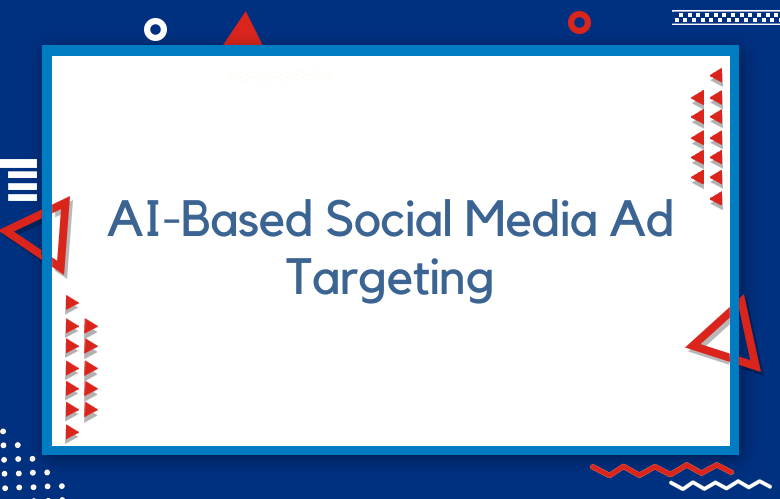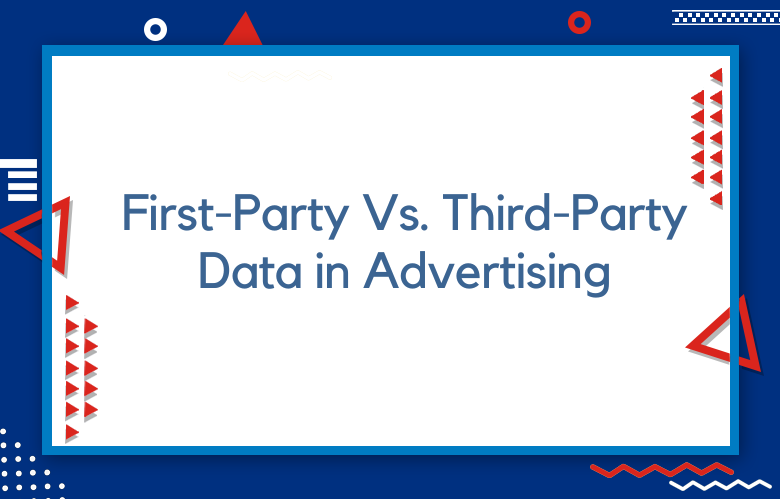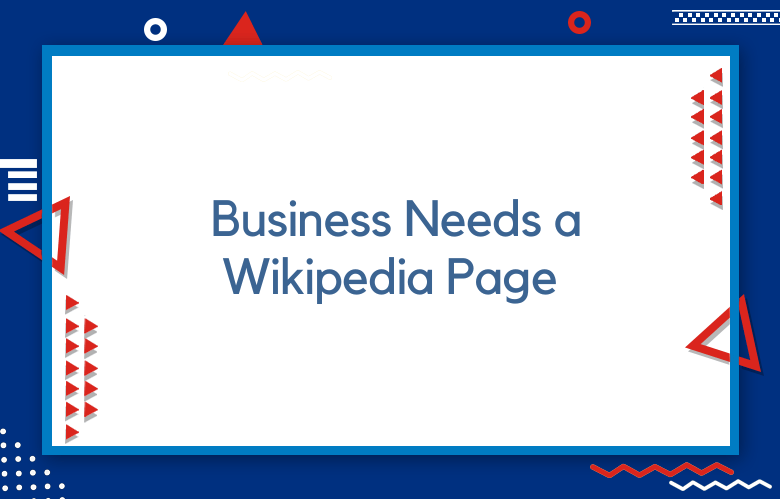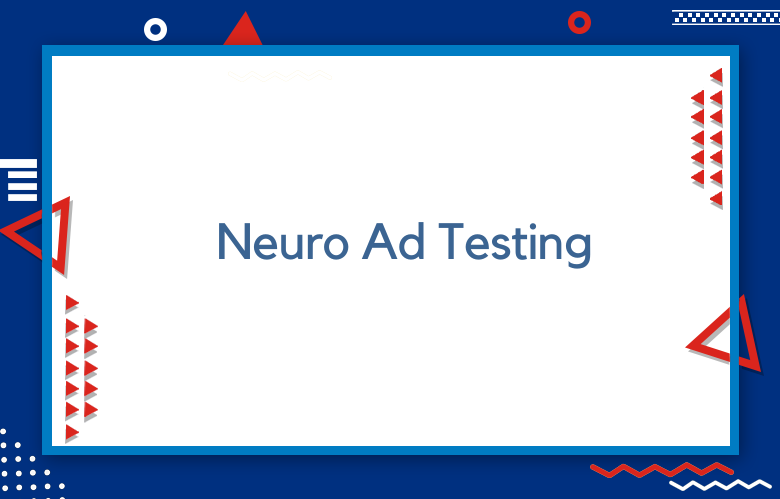AI-Based Social Media Ad Targeting: Evolution Guide

AI-based automated ad targeting is changing the game. Traditional methods often need to catch up, saving time and money. With AI, advertisers can reach the right audience more effectively through targeted campaigns and personalized ad experiences. This technology analyzes user data to deliver customized ads that resonate.
No more guessing who might be interested. The result? Higher engagement and better conversion rates. Discover how to make your ads work smarter, not harder.
Key Takeaways
- AI is changing how social media ads are created and targeted, making them more effective for businesses.
- Use AI-led targeting techniques to reach the right audience based on their interests and behaviors, improving ad performance.
- Generative AI can help create engaging ad content that resonates with users, so consider using it in your campaigns.
- Implement AI-powered social listening tools to track customer feedback and trends, allowing you to adjust your strategies quickly.
- Stay updated on the future of AI in social ads to remain competitive and make informed decisions for your advertising efforts.
- Experiment with AI tools and techniques to find what works best for your brand and audience.
How AI Transforms Social Ads
Understanding AI’s Role
AI significantly impacts social media advertising. It has evolved from simple algorithms to complex systems that use vast amounts of data. These tools assess user behavior, preferences, and interactions. They help businesses understand their audience better. As a result, advertisers can enhance targeting accuracy. Adapting to AI-led strategies is crucial for future marketing success to use. Companies that embrace these changes stay competitive in the market.
AI tools gather data from various sources. They analyze clicks, likes, shares, and comments. This analysis helps create detailed user profiles. Advertisers can then tailor their messages to specific audiences. The importance of adapting to these technologies cannot be overstated. Businesses that pay attention to AI need to catch up.
Key Benefits for Advertisers
AI automation increases efficiency in ad campaigns. It allows advertisers to run multiple ads simultaneously without manual input, saving time and resources. Improved audience insights lead to better engagement rates. Advertisers can target users based on interests and behaviors.
Data-driven decision-making enhances return on investment (ROI). Advertisers can identify what works best by analyzing performance metrics and adjusting campaigns accordingly for maximum impact—higher ROI results from smarter spending and targeted efforts.
- Increased Efficiency: Automation streamlines campaign management.
- Better Engagement: Targeted ads resonate more with audiences.
- Higher ROI: Data analysis leads to informed decisions.
Enhancing Ad Precision
AI algorithms refine targeting parameters using real-time data. This means ads reach the right people at the right time. Identifying patterns in consumer behavior is critical to practical ad placements. For instance, if users frequently engage with fitness content, they will likely respond well to related ads.
Algorithms learn from past interactions and adapt strategies accordingly. This continuous improvement process ensures that ads remain relevant and practical.
- Analyze user behavior patterns.
- Adjust targeting based on real-time data.
- Monitor ad performance regularly.
- Optimize campaigns using machine learning insights.
AI-Led Targeting Techniques
Audience Segmentation
AI helps businesses segment audiences dynamically. It analyzes interests and online behavior in real time. This technology uncovers niche markets that traditional methods often miss. For example, a clothing brand can identify a group interested in sustainable fashion.
Tailoring messaging for different segments increases relevance. A personalized approach leads to higher engagement rates. Ads become more appealing when they speak directly to the audience’s interests.
Predictive Analytics Use
It uses historical data to inform advertising strategies. Based on these insights, businesses can allocate budgets wisely. For instance, if a product sees seasonal spikes, companies can prepare campaigns beforehand.
AI also helps anticipate market shifts. By analyzing patterns, businesses adapt campaigns proactively. This means staying ahead of competitors and meeting consumer needs promptly.
Personalization Strategies
Personalization is critical to effective advertising. For example, streaming services recommend shows based on viewing history.
Implementing AI-driven recommendations enhances user satisfaction. Users feel valued when ads reflect their interests and behaviors. Targeted campaigns resonate better with specific audience segments, improving conversion rates.
Generative AI in Advertising
Automated Content Creation
Generative AI tools can quickly generate ad copy and visuals, saving marketers time. Marketers can try various formats without extensive manual effort, leading to fresh ideas and creative solutions.
Consistency in branding is crucial. Automation helps maintain this consistency while allowing creativity. Brands can express their identity clearly across all platforms. This approach enhances user recognition and engagement.
Visual Content Development
AI-assisted graphic design tools help design eye-catching visuals. These tools allow users to create stunning images with minimal effort. Marketers can analyze visual performance metrics effectively. Understanding how visuals perform helps optimize future content creation.
Innovative visual formats engage users more effectively. For example, interactive videos and augmented reality ads capture attention better than static images. Using generative AI, brands can easily explore these new formats.
A/B Testing Enhancement
A/B testing is vital in the advertising industry. It helps determine which ads perform best. Generative AI significantly streamlines the A/B testing process. Automating variant generation and analysis saves time and resources.
Marketers can utilize AI to identify the most effective ad elements for different audiences. This targeted approach improves ad performance. Reducing testing timeframes increases efficiency while enhancing accuracy in results.
AI also provides insights into audience preferences. By understanding what works best, brands can tailor their strategies accordingly, leading to higher engagement rates and better returns on investment.
Due to generative AI, the digital advertising world is evolving rapidly. Companies that adopt these technologies stay ahead of the competition. They leverage automation to enhance creativity and effectiveness in their campaigns.
In summary, generative AI transforms how advertisers create content, develop visuals, and conduct A/B tests. The benefits of using these tools are clear: increased efficiency, improved targeting, and greater creativity. As the advertising industry embraces new AI technologies, it will be exciting to see how these innovations shape future marketing strategies.
AI-Powered Social Listening
Monitoring Audience Sentiment
AI-powered analytics tools track real-time audience sentiment. These tools analyze social media conversations on platforms like Facebook and LinkedIn, helping brands understand how people feel about their products or services.
Changes in consumer perception can happen quickly. Brands must identify these shifts to adjust their campaigns. For example, companies can respond promptly if a product receives negative feedback. This proactive approach helps improve brand reputation and trust. By leveraging sentiment analysis, businesses can create a positive image in the eyes of consumers.
Competitor Data Insights
AI effectively gathers competitive intelligence. It analyzes market positioning and helps brands understand their competitors’ strengths and weaknesses. Companies can study competitor ad strategies to find gaps and opportunities.
For instance, analyzing its elements can provide valuable insights if a rival brand runs a successful campaign. Businesses can refine their advertising tactics based on this data. AI provides the tools necessary for this ongoing analysis.
Engagement Boost Strategies
AI-driven strategies enhance user engagement with ads. These strategies focus on using behavioral data to create interactive experiences. Ads that resonate with users lead to higher engagement rates.
When consumers see relevant ads, they are more likely to interact with them. For example, targeted promotions based on user interests can drive clicks and conversions. Using AI allows brands to tailor their messaging effectively.
Future of AI in Social Ads
Upcoming Innovations
Emerging AI technologies are set to reshape social media advertising. Tools that analyze user behavior can help marketers create more effective campaigns. Conversational ads may become a popular trend. These ads engage users in real-time conversations, making them feel more connected.
Marketers should watch for advancements in targeted AI ads. These innovations will improve how brands reach their audience. AI can predict what content resonates with users, making ads more personalized and relevant.
Cost Efficiency Strategies
AI can optimize ad spending effectively. By analyzing data, it identifies high-performing channels for social media ads. This helps brands allocate budgets wisely. Precise targeting reduces wasted budget. Understanding audience insights allows marketers to focus on the right consumers.
It minimizes operational costs while maximizing efficiency. Brands can run social advertising with less manual effort.
Performance Optimization
Continuous monitoring of ad performance is crucial. AI analytics provide real-time adjustments for running social media ads successfully. Marketers should set measurable goals and KPIs to track effectiveness. These metrics help evaluate how well AI tools perform in campaigns.
Feedback loops are essential for refining strategies. They allow brands to learn from past performances and make necessary adjustments. This iterative process enhances overall campaign success. With these practices, marketers can ensure their efforts yield positive results.
Closing Thoughts
AI is reshaping social media ad targeting, making it more innovative and effective. You can harness AI to connect with your audience like never before. From advanced targeting techniques to generative content, these tools boost your campaigns. Social listening powered by AI helps you understand trends and preferences, keeping your brand relevant.
The benefits are clear: better engagement, higher conversions, and a more substantial brand presence. Don’t wait—start exploring AI-based solutions today to elevate your social media advertising efforts.
Frequently Asked Questions
What is AI-based social media ad targeting?
AI-based social media ad targeting uses algorithms to analyze user data. This helps brands reach their ideal audience more effectively, improving engagement and conversion rates.
How does AI improve ad targeting accuracy?
AI enhances ad targeting accuracy by processing vast amounts of data quickly. It identifies patterns and preferences, ensuring ads are shown to the most relevant users.
What are generative AI techniques in advertising?
Generative AI techniques create personalized content for ads. This includes tailored visuals and copy that resonate with target audiences, driving higher engagement.
How does AI-powered social listening work?
AI-powered social listening monitors online conversations about brands. It analyzes sentiment and trends, providing insights that inform ad strategies and improve customer engagement.
What is the future of AI in social advertising?
The future of AI in social advertising involves more advanced analytics and personalization. Expect greater integration of machine learning, leading to more innovative campaigns and improved ROI.
Can small businesses benefit from AI ad targeting?
Small businesses can leverage AI ad targeting to maximize their marketing budgets. It allows them to compete effectively by reaching niche audiences efficiently.
Is AI-based ad targeting ethical?
When used responsibly, AI-based ad targeting can be ethical. Transparency and user consent are crucial to maintaining trust while utilizing data-driven strategies.



